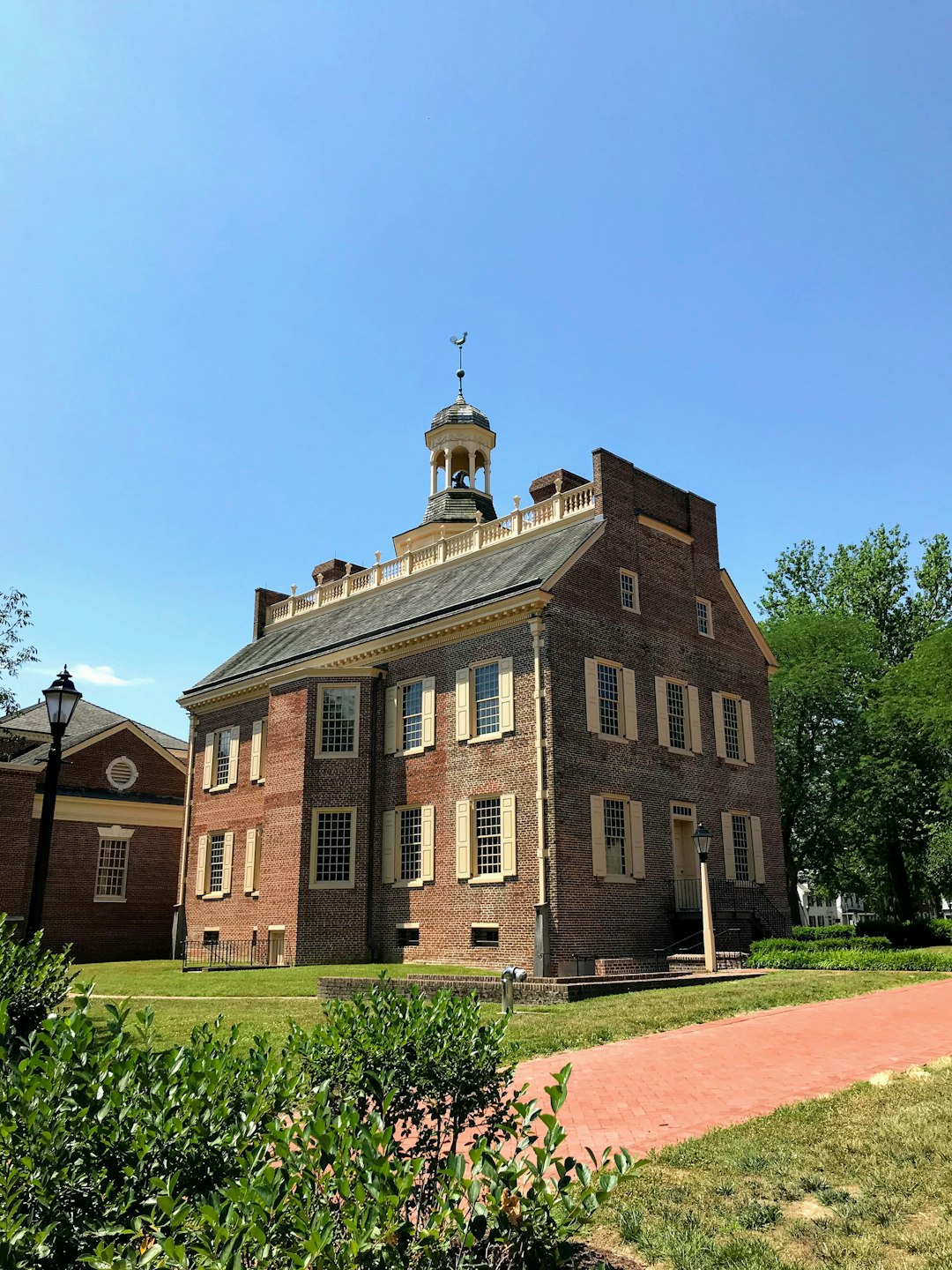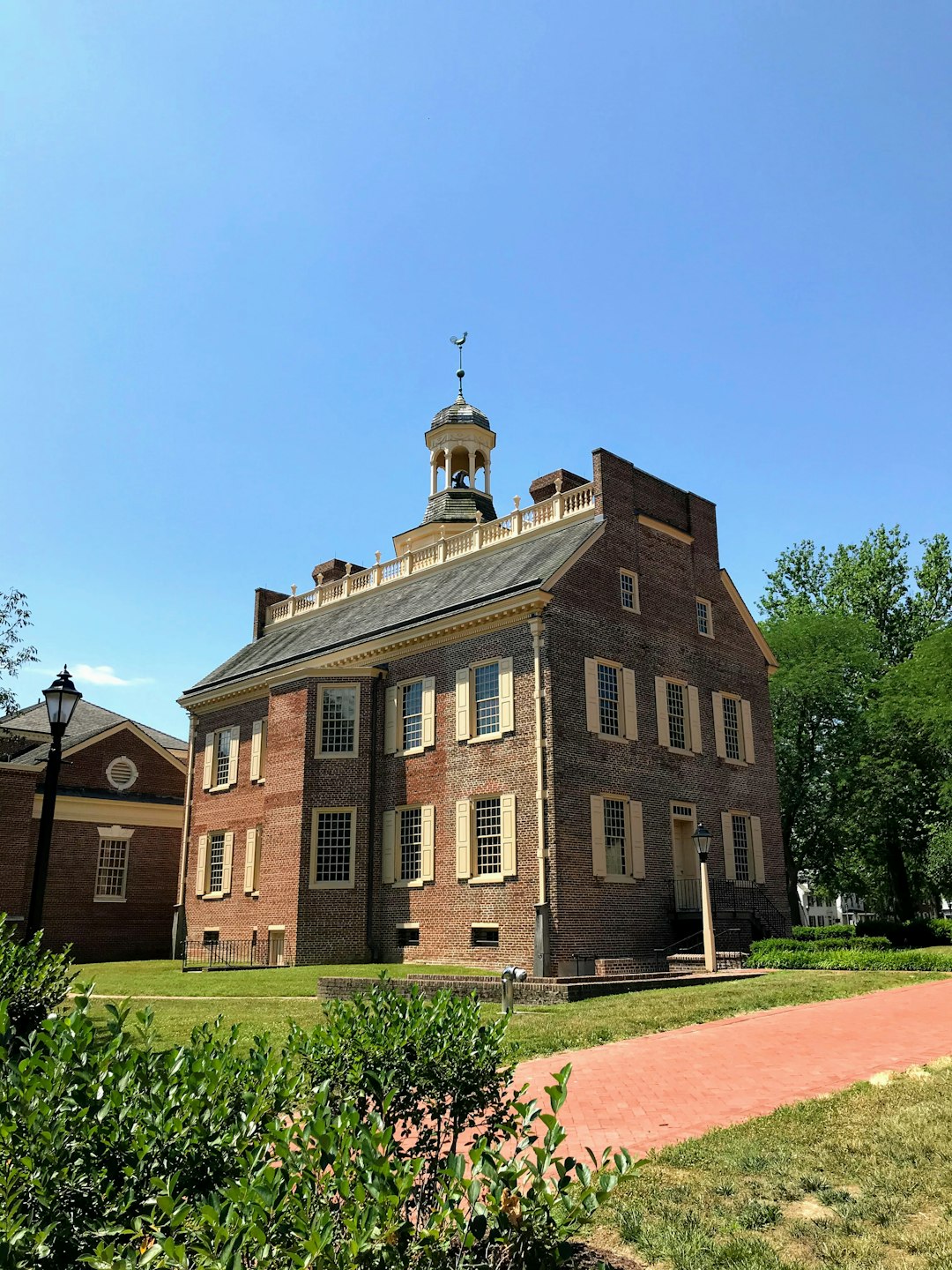In Delaware, both state and federal laws, notably the Do Not Call Act and the Telemarketing and Consumer Fraud Prevention Act (TCFA), protect consumers from unwanted telemarketing calls. Understanding these regulations is crucial when considering hiring a lawyer for Do not call Delaware. Legal experts guide individuals through the do-not-call registry process, ensure their rights are protected, and assist with legal action against persistent telemarketers. Registering your number on the state’s list and being cautious of scams, supported by such a lawyer, helps combat nuisance calls and promotes residents' privacy and peace of mind in Delaware communities.
Tired of unwanted telemarketing calls? You’re not alone. In Delaware, understanding and utilizing consumer protection laws is crucial. This comprehensive guide dives into how to navigate the ‘Do Not Call’ registry process with help from a lawyer, ensuring your rights are respected. We’ll walk you through registration steps, educate on common scams, and highlight community initiatives, empowering you to take control and silence those persistent calls. Discover your options as a Delaware resident when it comes to blocking telemarketers once and for all with the aid of legal professionals.
Understanding Telemarketing Laws in Delaware: A Comprehensive Guide

In Delaware, telemarketing practices are regulated by both state and federal laws designed to protect consumers from unwanted calls. The key piece of legislation is the Do Not Call Act, which allows residents to register their phone numbers for exclusion from promotional calls. If you’re considering hiring a lawyer for Do not call Delaware, it’s crucial to understand these regulations first.
Delaware law follows the federal Telemarketing and Consumer Fraud Prevention Act (TCFA), which restricts telemarketers from calling residential telephone numbers that are on the National Do Not Call Registry. Additionally, the state has its own rules regarding consent, disclosure requirements, and time of day restrictions for telemarketing calls. Familiarizing yourself with these laws is a critical step in knowing how to fight back against unwanted telemarketing calls.
The Role of a Lawyer in the 'Do Not Call' Registry Process

When it comes to navigating the ‘Do Not Call’ registry process in Delaware, having a lawyer on your side can be invaluable. Legal experts specializing in consumer rights can guide individuals through the intricate regulations surrounding telemarketing and ensure their rights are protected. A lawyer for Do Not Call Delaware can assist in understanding and submitting the necessary paperwork to register a number on the state’s do-not-call list, preventing unwanted calls from telemarketers.
These legal professionals can also provide crucial support if there is a violation of these rights. They can take proactive measures, such as drafting cease-and-desist letters or even pursuing legal action against telemarketing companies that persist in making nuisance calls despite being on the registry. With their expertise, individuals can effectively exercise their choice to opt-out of unsolicited calls and enjoy more peaceful communication experiences.
Step-by-Step: How to Register Your Number on the Delaware Do Not Call List

To protect yourself from unwanted telemarketing calls, register your number on the Delaware Do Not Call List. This simple step can significantly reduce the number of cold calls you receive. Here’s a step-by-step guide to help you navigate the process easily. First, visit the official website of the Delaware Department of Law (DOA) or the Attorney General’s Office to initiate the registration process. You’ll need to provide your full name, phone number, and email address to ensure accurate listing. Next, review the terms and conditions carefully; ensuring you understand what types of calls are blocked. Once confirmed, submit your details, and within a few days, your number will be added to the state’s Do Not Call List. Consider consulting with a lawyer for Do Not Call Delaware if you encounter any issues during registration or need clarification on your rights as a consumer.
Common Scams and How to Protect Yourself from Telemarketers

Telemarketing scams are prevalent, especially with the rise of automated calls and voicemails. In Delaware, a “Do Not Call” registry exists to help residents protect themselves from unwanted sales or promotional calls. However, scammers often find new ways to penetrate these lists. Common tactics include pretending to be from official government agencies, offering free gifts or prizes, or using high-pressure sales techniques. To safeguard yourself:
Remember that no legitimate company will ask for your credit card information over the phone unless you initiated the contact. Hang up immediately if a caller requests such details. Additionally, be wary of calls claiming to represent utility companies or financial institutions; these organizations typically have secure online portals for account-related matters. Keep your personal information private and be cautious when sharing it, even with seemingly trusted sources. Consider consulting a lawyer specializing in Do Not Call laws in Delaware for further guidance on protecting yourself from telemarketing scams.
Supporting Local Efforts: Community Initiatives Against Telemarketing

Many communities in Delaware have been actively fighting against telemarketing calls, recognizing the impact they can have on residents’ privacy and peace of mind. Supporting local initiatives is a powerful way to contribute to this cause. These efforts often involve collaborations between community groups, local authorities, and even individual advocates who share a common goal: to create a more peaceful and less intrusive environment for Delawareans.
One effective strategy is engaging with local organizations that have already taken on the task of registering complaints, raising awareness, and pushing for legislation to restrict unwanted calls. Volunteers can help by participating in community meetings, distributing informational materials, or simply sharing their personal experiences to further emphasize the need for a “Do Not Call” law, such as those provided by a lawyer for Do Not Call Delaware. These collective actions can lead to significant changes in telemarketing practices and protect the rights of residents across the state.






